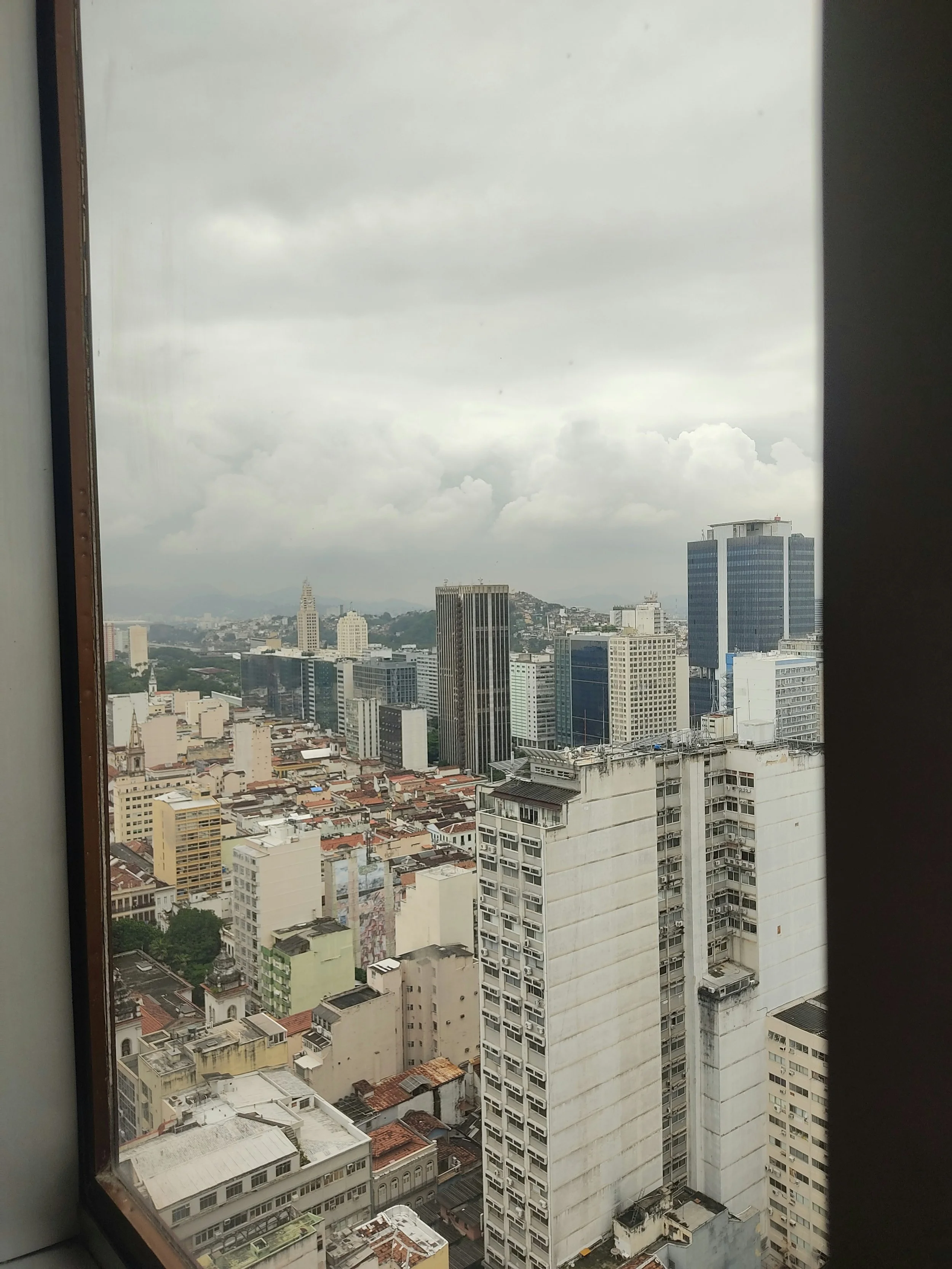7 Things I Wish I Knew About Working Remotely Abroad
Jordan, WA
• Traveler Details: Age Range: Late 20s | Food Preferences: Foodie, loves exploring new cuisines, adventurous eater | Mid-range to affordable luxury | Black American | Remote software developer | Moved to Medellín, Colombia | Prioritizes affordability and loves coworking cafes
When I started working remotely abroad, I thought all I needed was Wi-Fi, a laptop, and a dream.
Spoiler: it’s not that simple.
Working remotely from another country has been one of the best things I’ve ever done for my mental health and lifestyle—but it’s also tested my patience, my time management, and my taxes. Here are 7 things I wish someone told me before I left the U.S. to live and work in Colombia.
1. Time Zones Are No Joke
You think you can adjust your meetings to local time? You can—but 5am calls hit different when your brain is still in REM sleep.
Tip: Try to relocate to a time zone that overlaps with your company’s core hours. If you’re freelance, set client boundaries early.
2. Strong Wi-Fi Isn’t Everywhere
Cafés with dreamy views don’t always have the bandwidth to match. And yes, there are power outages—especially in the rainy season.
Tip: Get a Skyroam hotspot or Airalo eSIM for backup data.
3. Burnout Follows You—Even to Paradise
At first, I thought I’d “always be inspired” working near palm trees. But overwork is still overwork. A pretty view won’t fix it.
Tip: Set a real schedule. Take your weekends off. Just because you’re in a new country doesn’t mean your boundaries disappear.
4. Some Countries Tax You Anyway
Just because you work for a U.S. company doesn’t mean your host country won’t tax your income. It depends on how long you stay and what visa you have.
Tip: Talk to a tax advisor who understands international laws. Yes, before you move.
5. Not All Visas Allow Remote Work
Tourist visas may not legally permit you to work—even if you’re working for a company back home.
Tip: Look into digital nomad visas or long-stay options in countries like Portugal, Colombia, or Mexico. Don’t assume you’re in the clear.
6. Coworking Spaces Saved My Sanity
Working from “home” can get lonely fast—especially when you’re 3,000 miles from your friends.
Tip: Find a local coworking space or digital nomad group on Facebook or Meetup. It’s about more than Wi-Fi—it’s connection.
7. You Still Need a Routine
The temptation to explore every day is real. But when you’re working remotely abroad, your lifestyle depends on discipline.
Tip: Choose two or three days per week to “explore” after work. Keep your weekdays structured so you don’t burn out or fall behind.
Final Thoughts
Working remotely abroad is freeing—but it’s not effortless. You’ll mess up. You’ll miss meetings. You’ll get frustrated at your fourth VPN disconnection.
But you’ll also drink better coffee, meet incredible people, and build a life that fits you—not the other way around.
And for me, that’s worth every timezone hiccup.
